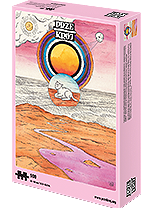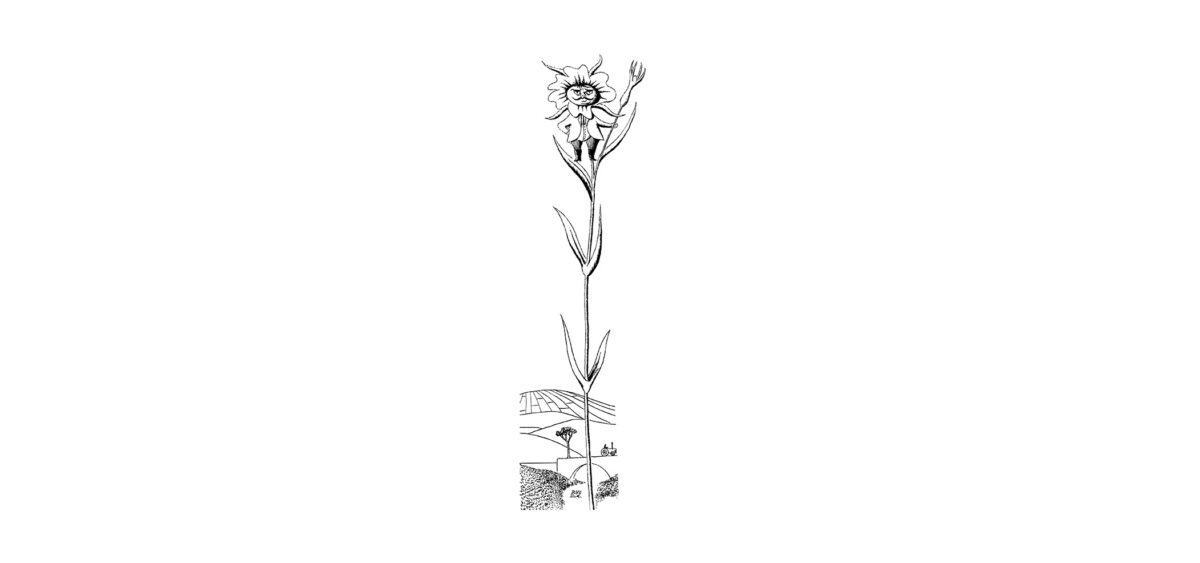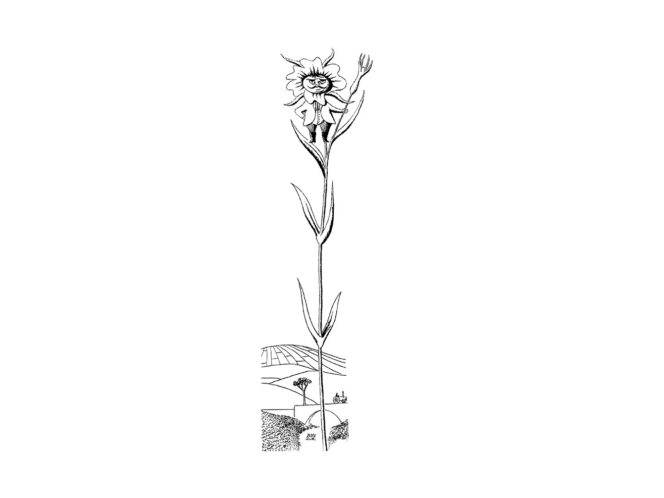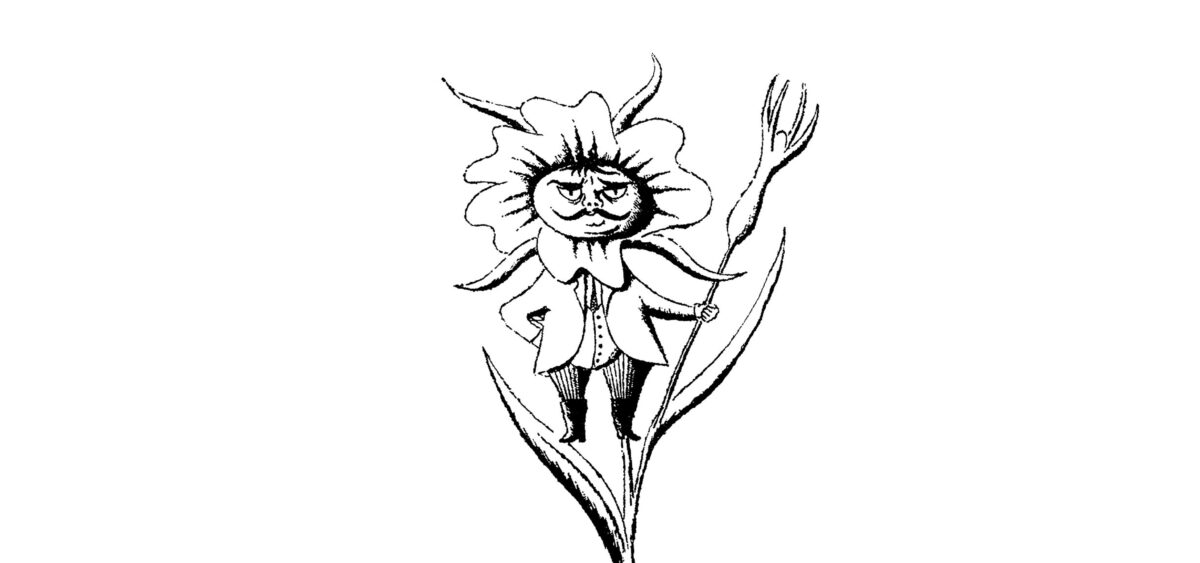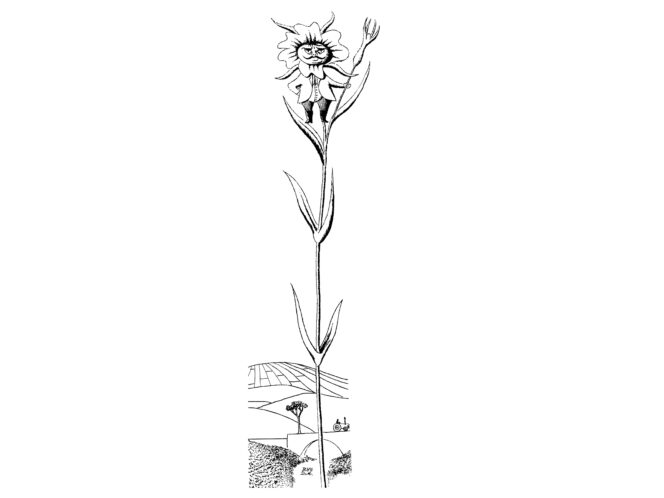
And at last I see Pokrzydowo’s old varieties of grain in full bloom. What am I saying? I don’t see them; I enter them, touch them and inhale their scent.
The car bounces down the sandy track, and the gentle, warm air blows in through the window. We pass the overgrown orchard and park. I was sure I’d see straight, golden rows of grain. But instead it’s a meadow full of flowers. Farmer Mieczysław Babalski gets out of the car and immediately heads toward the towering green and yellow stalks of emmer, oats and spelt, toward the blue cornflowers and the small white blossoms of buckwheat. I run after him, but at the edge of the field I stop, and call out:
“But Mr Mietek, if I go in here I’ll get a tick!”
The only thing I hear in response is a loud laugh, so tough luck, I leap right into the middle of the grain and


